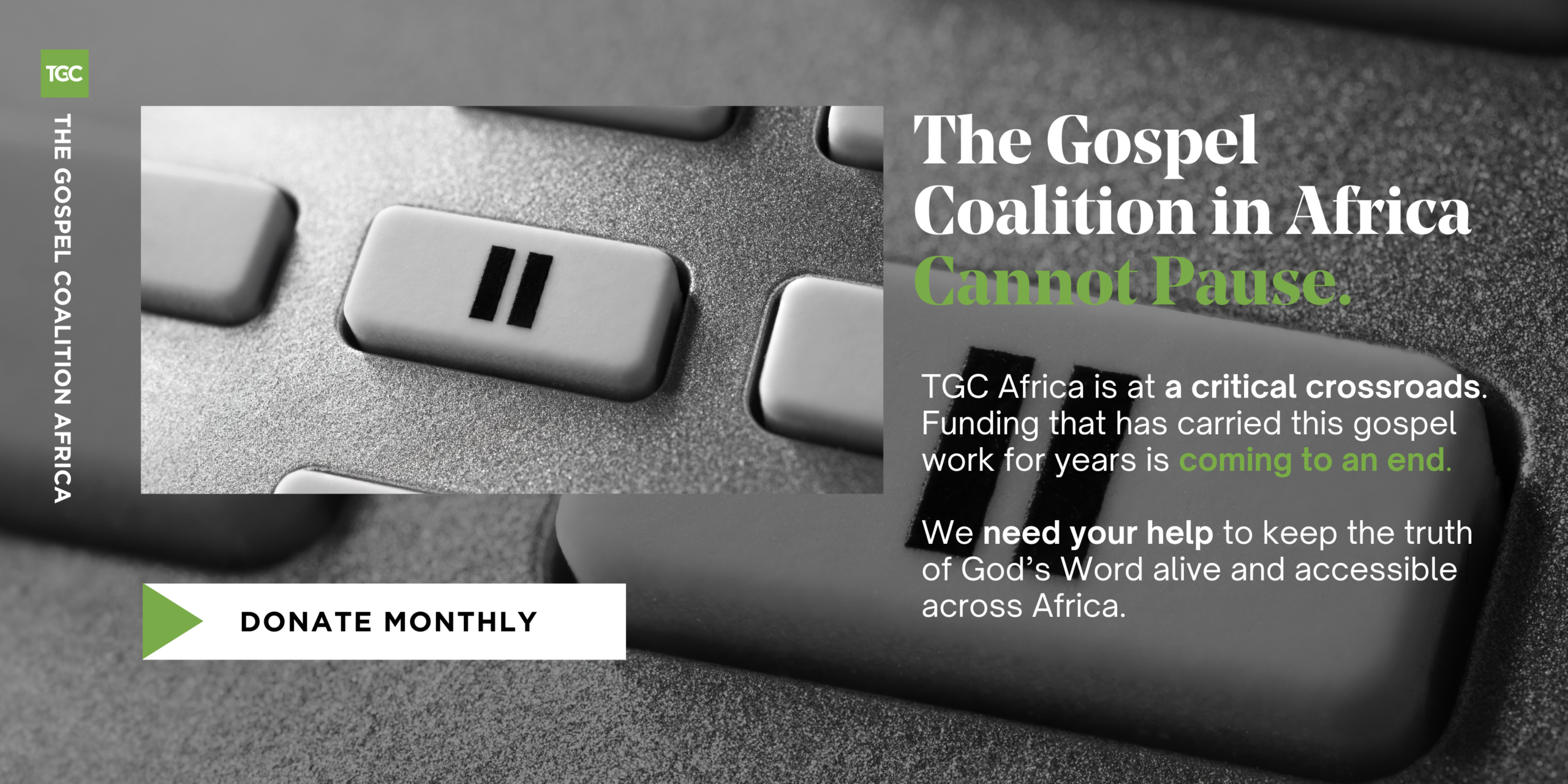Ever had someone emphasise a detail of a story, only for you to realise they’d missed the main point entirely? That’s how I’ve often felt about the story of Jonah. In Sunday school, the wonder of the story was how a mere man survived in the belly of a fish for three days and three nights.
As a child, I never thought much about God sending the fish in the first place (Jonah 1:17); or that God preserved Jonah in it (Jonah 2:7); or that God worked in many other ways beyond the fish. It is so easy to miss God’s providence throughout the book of Jonah. Yet if we read carefully, we see the book is all about God. Let’s consider how in Jonah 1.
God’s Call and Jonah’s Flight—or Sail
God called Jonah to arise and preach against the great city of Nineveh because of its wickedness (Jonah 1:1-2). Instead, Jonah boarded a ship to Tarshish, confident he could chart his own course (Jonah 1:3). And how did God respond? “The Lord hurled a great wind upon the sea” (Jonah 1:4). The Lord didn’t sit helplessly as Jonah fled. God opened his storehouses and sent a storm (Psalm 135:7). God can do the same in our lives, when we resist him. He always has his way. But his way is always for our good, and we are safest when we submit even when it does not appeal to us.
The one meant to call others to God was himself called to prayer by a pagan sailor.
Meanwhile Jonah was fast asleep (Jonah 1:5). The captain is bewildered and orders him: “Arise, call out to your god!” (Jonah 1:6). The irony here is that the one meant to call others to God was himself called to prayer by a pagan sailor. Yet in that we see God’s pursuit. Sometimes God uses the most unexpected voices to awaken us to himself. Do not despise the messenger; heed to God’s call.
Lots of God’s Providence
Recognising that this was no ordinary storm, the sailors cast lots to find the cause of their troubles (Jonah 1:7). And the lot fell on Jonah. Imagine that. In a ship that is being violently tossed by the waves, the lot still firmly lands on Jonah. Only we ought not be surprised. For “the lot is cast into the lap, but its every decision is from the Lord” (Proverbs 16:33).
When life feels chaotic, God is still in control.
God governs not only the raging sea but also the seemingly random roll of dice. Chance was not at play in Jonah’s life; neither is it in ours. From the major upheavals of our lives to the mundane, the loving Father orders all things. This truth can steady us, when life feels chaotic. God is still in control.
As a side note, this is not a call to rely on lots today. God has given us something better: his complete word, sufficient for all of life; and his Spirit who dwells in believers. What treasures to draw from.
The God of Heaven
The sailors then bombard Jonah with questions (Jonah 1:8). Where are you from? What did you do? Why is this happening to us? Jonah replies, “I am a Hebrew, and I fear the Lord, the God of heaven, who made the sea and the dry land” (Jonah 1:9). For the first time in the book, Jonah testifies to the God he worships; to the God of heaven, for there is none other.
The sailors must have been bewildered. If Jonah truly feared the God who made the sea, why would he attempt to flee across it? Jonah suggested they throw him into the sea (Jonah 1:12). But the sailors, reluctant to harm him, rowed hard trying to get to dry land (Jonah 1:13). However, God made the dry land too, and even there God would have his way (Psalm 95:5).
The sailors acknowledged the God of the heavens, who does as he pleases.
Finally, recognising their helplessness the sailors cried out, not to their own gods, but to the Lord God. “O LORD, let us not perish for this man’s life, and lay not on us innocent blood, for you, O LORD, have done as it pleased you” [Jonah 1:14]. We have come a long way with these sailors. They had tried to call out to their own gods, they had hurled cargo into the sea, they had tried to row to dry land. And when they come to the end of themselves, they acknowledged the God of the heavens who does as he pleases (Psalm 115:3).
I hope that if you are rowing hard against storms in your own life, you will not wait until you have exhausted all other options before turning to God. Start there. Depend on him from the beginning of troubles.
God’s Appointed the Fish
And with that, they cast Jonah into the sea (Jonah 1:15). At last, the climactic moment. But “the Lord appointed a great fish to swallow up Jonah” (Jonah 1:17). The wording is deliberate: God appointed. The fish wasn’t lingering near the ship, hoping a sailor would fall overboard. This wasn’t by chance. God sent it. And what’s beautiful is that God sent what should have otherwise destroyed Jonah, to preserve him. What a mercy.
God mercifully sent what should have otherwise destroyed Jonah, to preserve him.
Is this not now God works even in our lives? The very things that threaten to undo us become the means he uses to draw us to himself. There are, for instance, certain losses in life, that help us loosen our grip on this world and compel us to cling to Christ. I pray that if you are not quite there, overwhelmed with life, that God will meet you there. May he give you more of himself. For that is what you need most.
Providence in Our Lives
I am going to intentionally leave this story on a cliffhanger. I hope what has been shared is sufficient for you to see God’s involvement in all of life; he is present and active in all things.
If you feel tossed about and overwhelmed by the troubles of life, like the pagan sailors I urge you to arise and call on your God. I pray that what’s driving you to despair, might drive you to the Creator God, who controls all things. May you realise that even in your circumstances God is pursuing you. Thomas T. Lynch once wrote, “Omnipotence has servants everywhere.” God is using the different instruments in your life to draw you to himself.
The God who pursues you also preserves you.
And, in closing, here is more good news: the God who pursues you also preserves you. He preserved his rebellious prophet; and he preserves you. Many of us have faced such tough circumstances in life that, left to ourselves, we wouldn’t be persevering in our faith. We’ve faced storms that if we were left to navigate them on our own would’ve left us lost. But God is merciful. His grace is the means of our perseverance. So take heart and trust in him, the God who governs all your days. He will preserve you to the very end.
DON’T HAVE PAYPAL TO SET UP A MONTHLY DONATION? If you would like to donate via Payfast – a secure payment gateway available to donors both inside and outside of Africa – please click here.












